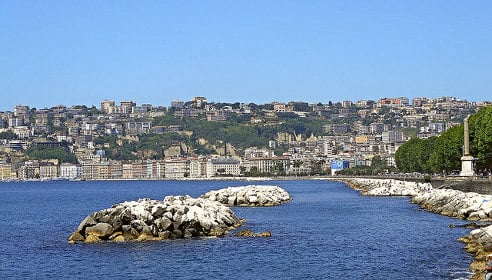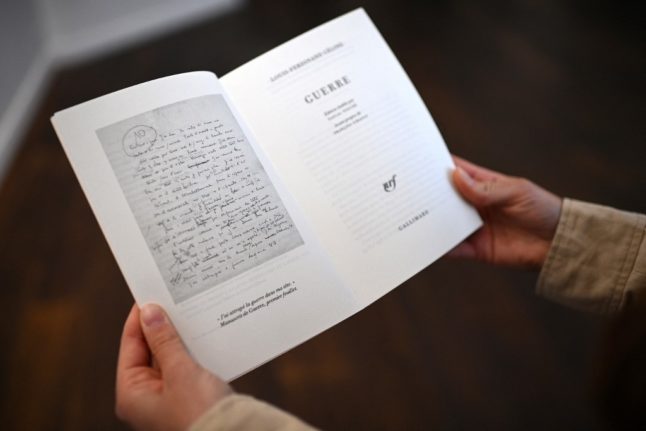In its wake, a literary row erupted on Monday over journalistic ethics and writers' right to protect their identities and the personal back stories that may, or may not, inform their work.
Claudio Gatti, an Italian investigative journalist, says he has established that Ferrante is a pen name for Anita Raja, a Rome-based translator who is married to a well-known novelist, Domenico Starnone.
Ferrante's best-selling novels, particularly her Naples-based quartet, have been acclaimed for their intricate, compelling storytelling and insights into the nature of female friendship.
Her success has been fuelled by media interest in the mystery over the author's identity with the until-now anonymous Ferrante having granted only a handful of interviews conducted via emails passed on by her publisher.
Gatti's scoop was based on records of payments made by Ferrante's publishers, for whom Raja also worked, which appear to correspond to the royalties the best-selling novelist would have been due.
And if the reporter is correct, it appears that the author of “My Brilliant Friend” has been complicit in misleading the literary world and her millions of fans into the belief that she was the daughter of a Neapolitan seamstress familiar with the backdrop of post-war poverty against which her most famous novels are set.
'Full of untruths'
The publisher, Edizioni E/O, declined to comment further on Monday after its co-owner, Sandro Ferri, appeared to implicitly confirm the story by blasting Gatti's alleged intrusion into the privacy of a writer who, he said, simply wanted to concentrate on her work.
“I find disgusting the kind of journalism that breaches privacy and treats writers like mafia gangsters,” Ferri told La Repubblica.
Gatti hit back, insisting his story was legitimate because Ferrante was a public figure and because she had “lied” about her life story.
“When millions of books are bought by readers – in a way I think readers acquire the right to know something about the person who created the book,” the journalist told BBC Radio 4.
Gatti argued this was particularly true in light of Ferrante's publication in 2003 of “Frantumaglia”, an ostensibly autobiographical collection of non-fiction writings which the reporter described as “full of untruths”.
“As a journalist I don't like lies and I chose to expose them,” Gatti said.
While Raja was born in the southern city, she was raised from the age of three in middle class comfort in Rome by her magistrate father and a mother of Polish Jewish heritage who had escaped the Holocaust as a young girl and never lost her German accent.
'Writers owe readers nothing'
British academic Katherine Angel claimed the reporter had gone after Ferrante as if she were “a corrupt politician hiding tax evasion” when in fact she had done nothing to deserve such intrusion.
“A writer does not owe their reader anything beyond their work,” Angel told the BBC.
Novelist JoJo Moyes weighed in on Twitter. “Maybe Elena Ferrante has very good reasons to write under a pseudonym. It's not our 'right' to know her,” she wrote.
Novelist Matt Haig added: “Think the pursuit to discover the 'real' Elena Ferrante is a disgrace and also pointless,” he tweeted. “A writer's truest self is the books they write.”
Being economical with biographical details is not exactly unprecedented in literary history.
Ferrante herself revealed in a 2003 interview that she liked her compatriot Italo Calvino's warning to a student of his work: “Ask me what you want to know, but I won't tell you the truth, of that you can be sure.”
The writer's unmasking will inevitably reignite speculation that Raja's husband Starnone, a Neapolitan who has also written about the city's post-war period, may have had a hand in the Ferrante books.
A decade ago, experts at Rome's La Sapienza University employed text analysis software to try and establish who Ferrante might be.
They concluded there was a “high probability” Starnone had written them. Several other literary figures were linked to the books in the intervening years but no one had, until now, produced the kind of back-up evidence Gatti has acquired.



 Please whitelist us to continue reading.
Please whitelist us to continue reading.
Member comments